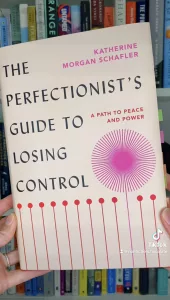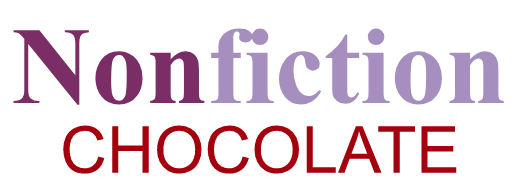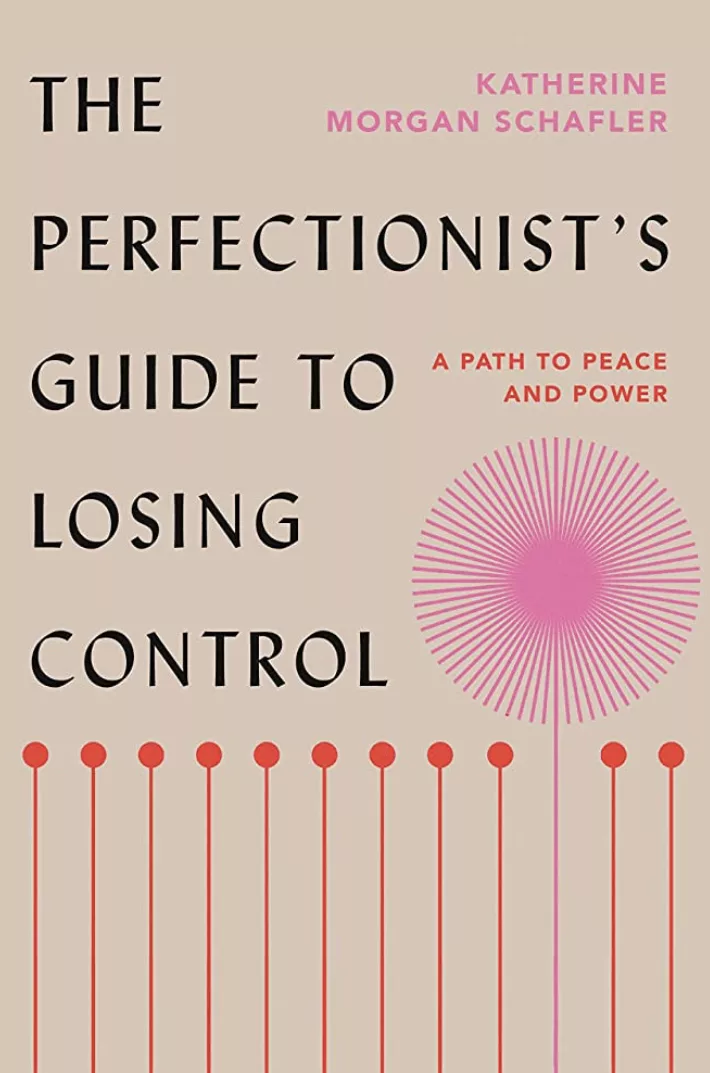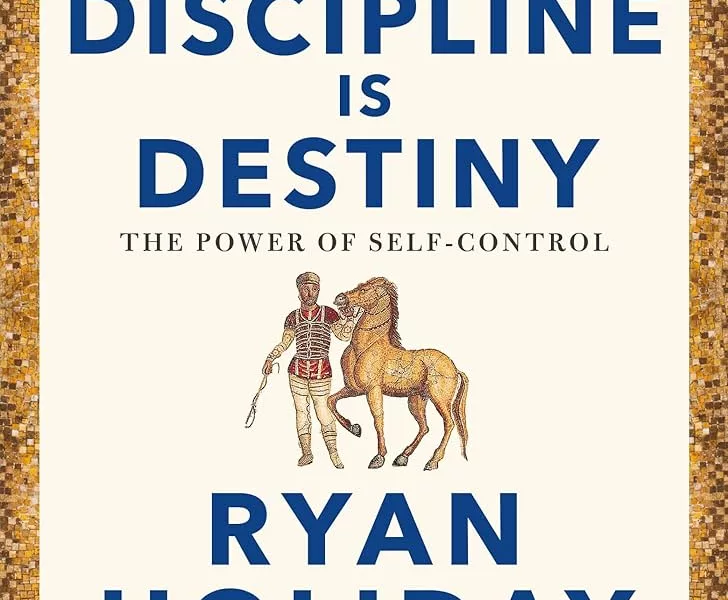The Perfectionist’s Guide to Losing Control by Katherine Morgan Schafler: is not another book (or person) telling you how you should NOT be a perfectionist. (There’s nothing more annoying, amiright??) Instead this book is an empowering guide encouraging you to be your best perfectionistic self!
Pairs With: chocolate chip cookies because they’re the perfect treat for any occasion!
Overview

The Perfectionist’s Guide to Losing Control is not another book (or person) telling you how you should NOT be a perfectionist and that you need to just chill out.
Author Katherine Morgan Schafler is a fellow perfectionist who is all about encouraging perfectionists to embody their true selves in a way that is healthy and empowering. Throughout the book, Schafler lists ways maladaptive perfectionists often behave and highlights how those behaviors can negatively impact a perfectionist’s life. Schafler’s goal is that readers embrace the good parts of being a perfectionist while also becoming more adaptive in their personality traits.
If you want to find out how much of a perfectionist you are or want to know what type of perfectionist you may be, check out Schafler’s quiz at www.perfectionistsguide.com/quiz! I’d love to know what type you are! Please report back after you take the quiz!!
5 Types of Perfectionists
Did you know there are five different types of perfectionists? Neither did I!
The type of perfectionist most of us think of when we think of a perfectionist is the Classic Perfectionist. They are described as, “highly reliable, consistent, detail oriented, and add stability to their environment. Left unchecked, they struggle to adapt to spontaneity or a change in routine, and they can experience difficulty connecting meaningfully with others.”
However, from the quiz above I found, I’m more of an Intense Perfectionist which is described as, “effortlessly direct and maintain razor sharp focus on achieving their goal. Left unchecked, their standards can go from high to impossible, and they can be punitive with others and themselves for not achieving impossible standards.”

And I’m also a Parisian Perfectionist which is described as someone who, “possess a live-wire understanding of the power of interpersonal connection and hold a strong capacity for empathy. Left unchecked, their desire to connect to others can metastasize into toxic people pleasing.”
Then there’s the Messy Perfectionist who is described as, “effortlessly push through the anxiety of new beginnings, are superstar idea generators, adapt to spontaneity well, and are naturally enthusiastic. Left unchecked, they struggle to stay focused on their goals, ultimately spreading their energy too thin to follow through on their commitments.”
And lastly, there are the Procrastinator Perfectionists who are described as, “excel at preparing, can see opportunities from a 360 degree perspective, and have good impulse control. Left unchecked, their preparative measures hit a point of diminishing returns, resulting in indecisiveness and inaction.”
Do any of these five sound like you??
Conclusion
This book is for you if you’re a perfectionist who has ever been made to feel poorly about being a perfectionist. In fact one of my favorite quotes from this book is,
“Interestingly (read: predictably), the push to curb perfectionism and be “perfectly imperfect” is directed towards women. Have you ever heard a man refer to himself as a “recovering perfectionist”? When Steve Jobs or Gordon Ramsay or James Cameron demand perfection, they’re exalted as geniuses in their respective fields. Where are the celebrated female perfectionists?”
She’s got a point! Where are they??

Or perhaps you’re burnt out from constantly achieving but feel guilty taking a break. Schafler’s got a quote for that too!
“Don’t worry about getting so lost in your leisure that you won’t return to your work. You’re a perfectionist; the drive within you to excel is compulsive, so you won’t be able to help returning to your work.”
Now ain’t that the truth all of us high-achieving perfectionists need to hear?!
So be sure to check this one out if you’re a perfectionist looking for some reassurance, permission, or advice on how to be your best perfectionistic self!
Let me know, have you read this one or any others like it?
(P.S. If you enjoyed this book you may also enjoy, Stillness is the Key by Ryan Holiday. It’s another one that helps readers see the benefits of slowing down.)



